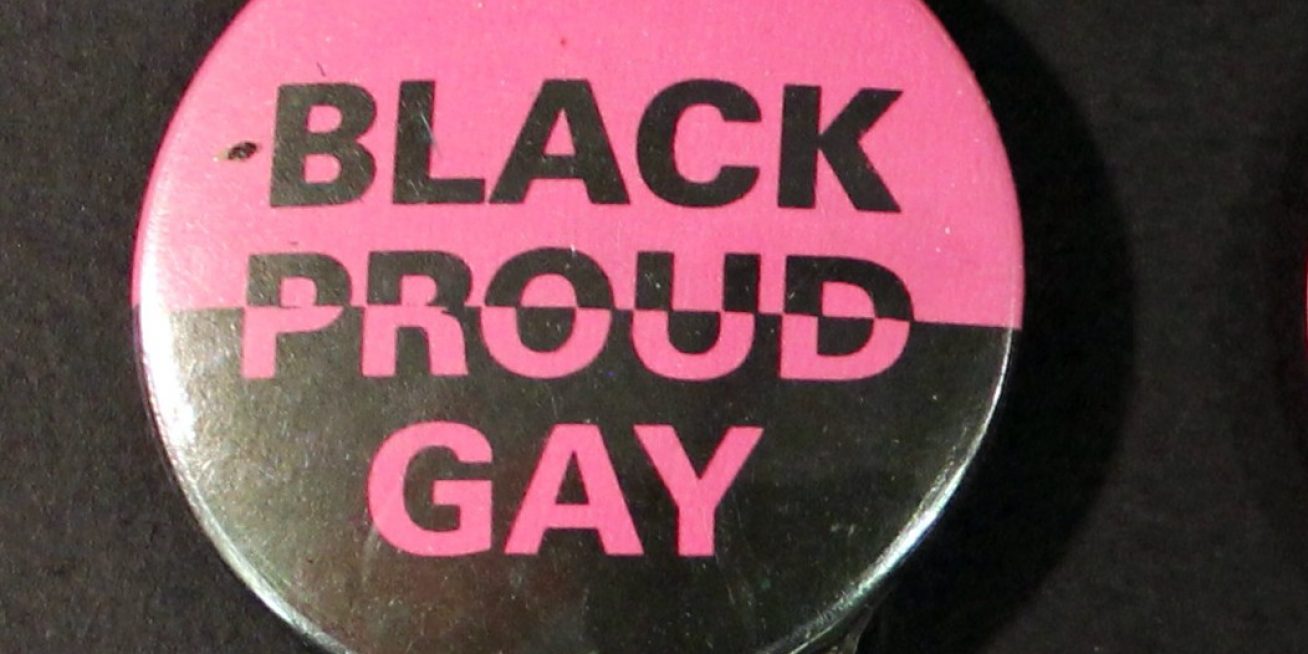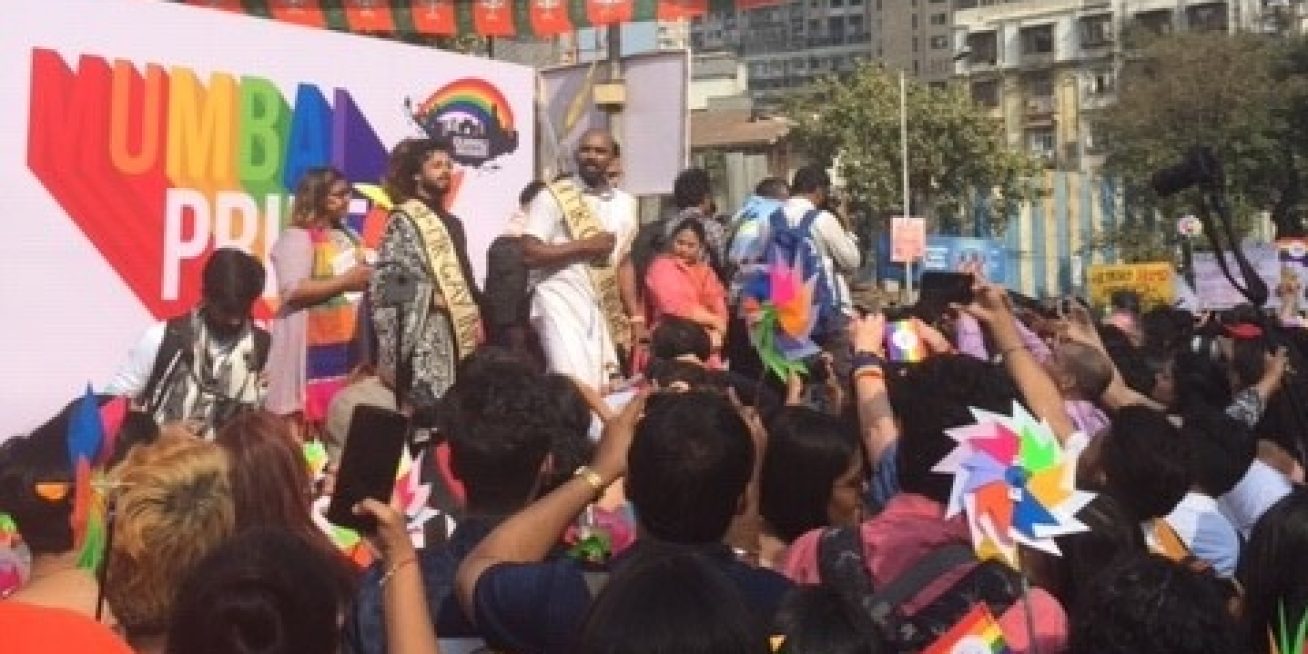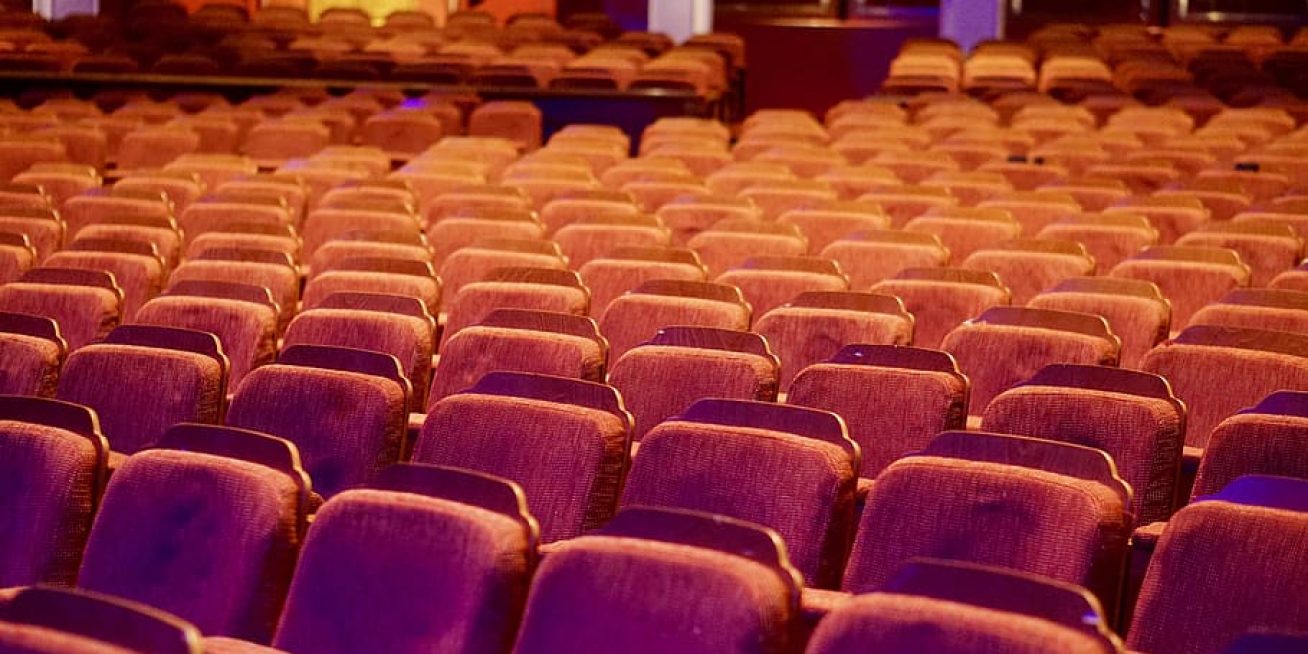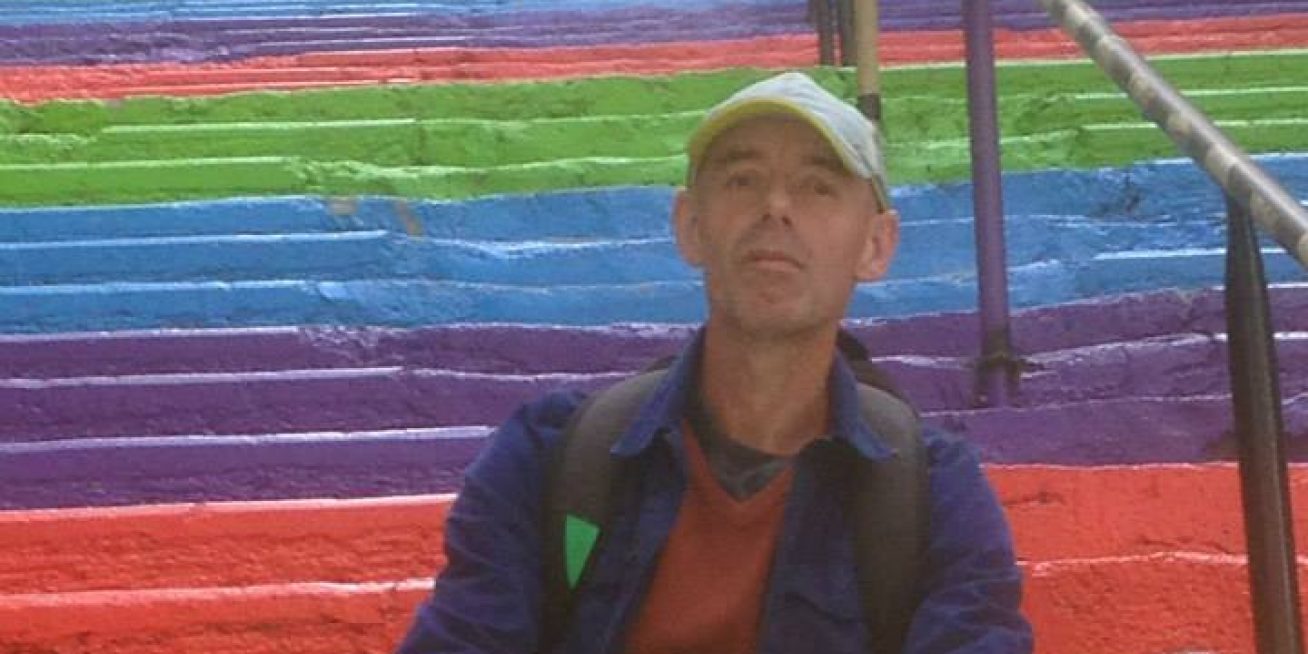A lot of British Asians are familiar with the question ‘Where are you from?’ Most of us will reply, ‘I’m from here – England’. Some of us may add, if from Pakistan, ‘but my parents/grandparents are from Pakistan.’ Not a lot of us will say, ‘my ethnicity is Pakistani.’
My parents came to the UK from Pakistan-administered Kashmir in the early 60s. My dad was invited to come and work in one of the mills in Lancashire and then moved to Yorkshire in the 70s.
I was born in Leeds and have three siblings. Growing up in Yorkshire was a wonderful experience. I have fond memories of family days out in Scarborough eating ice cream and fish and chips on the beach. Day trips to Halifax’s Peace Hall, climbing the steps to Whitby Abbey, summer festivals like Bradford Mela and mini breaks exploring the Lake District.
However, to what extent is our identity defined by the country of origin? How much importance should we give our ethnic origins? What is our cultural identity and heritage? Is it British or is it Sri Lankan/Indian/ Pakistani/Bangladeshi?
To some people I’m Asian but not British, whilst to others I’m British and not Asian. When on holiday in Europe I have had people ask me: ‘Where are you from?’ When I’ve said I’m from England the response I have had is: ‘You don’t look English’. On numerous occasions, I’ve had people ask me about my Yorkshire accent.
I have faced racism, Islamophobia and homophobia. However, I’ve never rejected my heritage or culture. I am proud to be from Yorkshire, England, I’m also Muslim, Kashmir, Pakistani and Gay.
Growing up, I was a classic ‘coconut’. I felt like I didn’t really belong anywhere – you belong everywhere and nowhere at the same time, so it can be surreal. But now I realise what an advantage it is that I can speak to both – I can celebrate that.
Someone once asked me: ‘Is mainstream the only culture we should be content with?’ Integration can be described as wanting to belong. I grew up surrounded by British things and British ideas. It was British-ness that I aspired to. I wanted to be and do all the things I saw growing up and, because I lived in Britain, those things were British.
Now in my 30s, I hold an MA in journalism from the University of Leeds, work full-time at the BBC as an Assistant Producer. I take an active part in British life and culture but also embrace my heritage – be this through celebrating Eid, observing Ramadan, watching Hindi films, cooking Asian food or connecting with other British Asians on social media.
The dual identity of being British and Asian is so incredibly fascinating, because it’s not just a culture clash, it’s a whole new space.
- You can also listen to Assif’s story.







